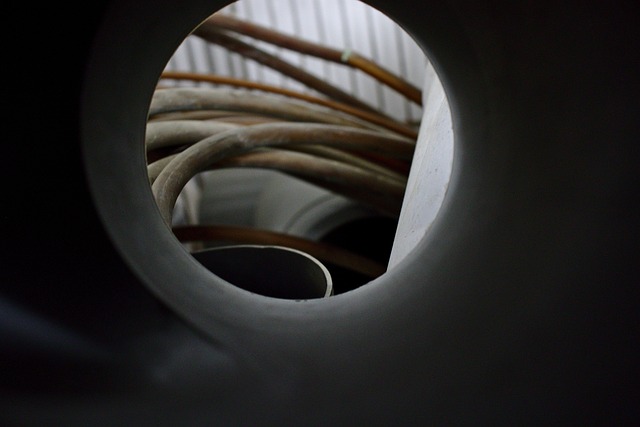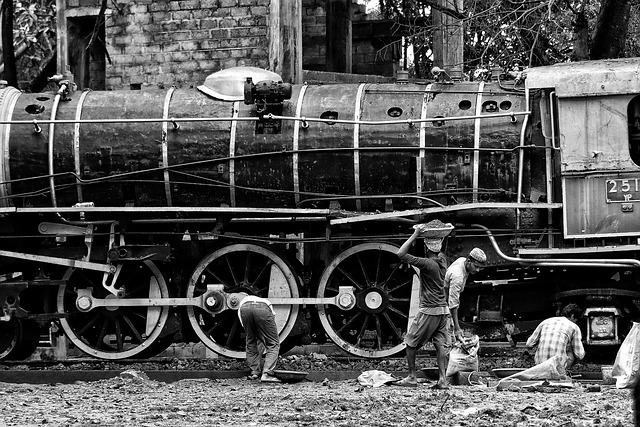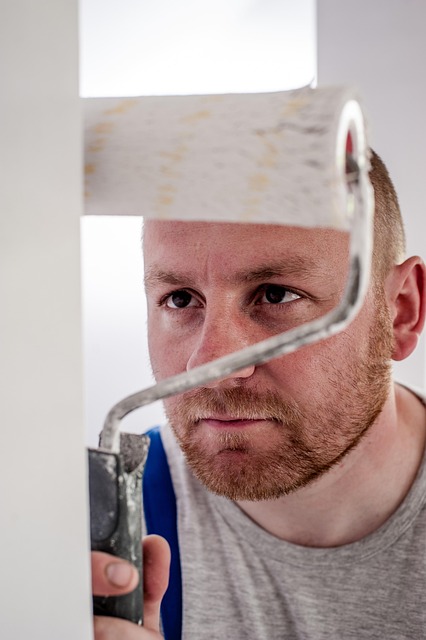In any home or business, a sudden sewer failure or clog can cause significant water damage and health hazards. Emergency plumbing services address these crises, which often stem from root intrusions, corrosion, debris buildup, or extreme weather. Plumbers use advanced tools like high-pressure water jets, camera inspection systems, and repair kits to swiftly assess and fix issues. They also offer long-term solutions, prevent future problems through maintenance tips, and prioritize customer safety. Reputable services go beyond immediate fixes by fostering trust as trusted partners.
Plumbers ready for emergency sewer repairs are invaluable assets in any community. This article delves into the critical role they play in swiftly addressing sudden sewer issues, ensuring minimal disruption and customer safety. From understanding the necessity of emergency repairs to exploring common causes of sewer line failures, we uncover best practices that define top-notch emergency plumbing services. Discover how these professionals utilize specialized tools and equipment to efficiently resolve crises, offering peace of mind in stressful situations.
- Understanding Emergency Sewer Repairs: When and Why They're Necessary
- The Role of Plumbers in Rapid Response to Sewer Emergencies
- Essential Tools and Equipment for Efficient Emergency Plumbing Services
- Common Causes of Sewer Line Failures and How Plumbers Address Them
- Customer Safety and Peace of Mind: Best Practices for Emergency Plumbing Operations
Understanding Emergency Sewer Repairs: When and Why They're Necessary
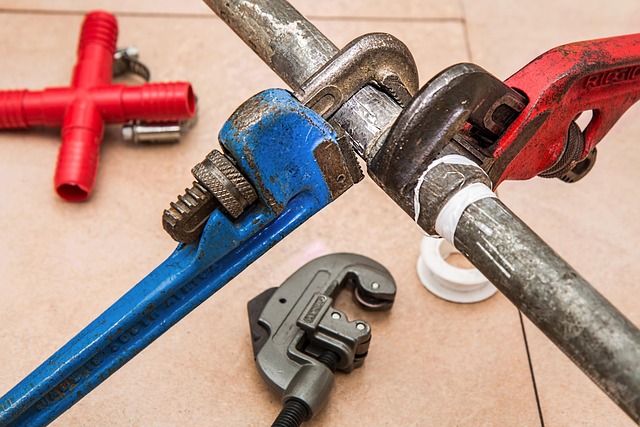
In any home or business, the sewer system is a critical component that often goes unnoticed until there’s an issue. Emergency sewer repairs become necessary when this vital infrastructure experiences sudden failures or clogs, leading to water damage, health hazards, and disruptions in daily operations. These emergencies can arise from various factors like tree root intrusions, pipe corrosion, heavy debris buildup, or even extreme weather events.
Prompt action is crucial during such situations as a well-timed intervention can prevent substantial damage and costly repairs. Emergency plumbing services specialize in addressing these critical issues swiftly. They employ advanced techniques and tools to diagnose the problem, whether it’s clearing obstructions, repairing leaks, or replacing damaged pipes. The goal is to restore functionality, ensure safe water flow, and minimize the impact on daily life and business operations.
The Role of Plumbers in Rapid Response to Sewer Emergencies

When sewer emergencies arise, whether it’s a burst pipe or a clogged drain leading to a backup, time is of the essence. This is where plumbers step in as the unsung heroes, providing rapid response emergency plumbing services. Their expertise lies not only in fixing the immediate issue but also in mitigating potential disasters that could result from water damage and sanitation hazards.
Plumbers equipped with the right tools and knowledge can assess the situation swiftly, implement temporary fixes to stop further complications, and coordinate with property owners on long-term solutions. Their quick thinking and skilled hands are crucial in minimizing disruption and ensuring a safe environment. In the event of a severe emergency, these professionals are often the first line of defense, ready to jump into action around the clock.
Essential Tools and Equipment for Efficient Emergency Plumbing Services

Plumbers providing emergency sewer repairs rely on a specific set of tools and equipment to efficiently address urgent plumbing issues. Essential tools include high-pressure water jets for clearing blockages, camera inspection systems to visualize pipes, and a variety of repair kits containing parts for quick replacements.
Additionally, they use advanced tools like hydrojetting machines for powerful cleaning, mechanical snake devices to remove stubborn obstructions, and specialized tools for repairing or replacing broken sewer lines. These tools enable plumbers to diagnose problems swiftly, clear blockages effectively, and conduct repairs with minimal disruption, ensuring top-notch emergency plumbing services.
Common Causes of Sewer Line Failures and How Plumbers Address Them
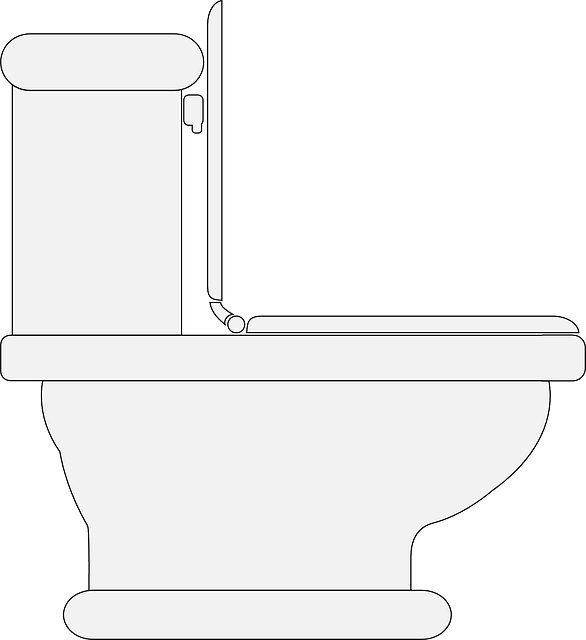
Sewer line failures can occur due to a variety of reasons, each requiring specific attention from skilled plumbers offering emergency plumbing services. One of the most common causes is root intrusion—trees and plants growing into sewer lines over time, causing damage and blockages. Plumbers address this by utilizing specialized equipment to detect and remove roots, ensuring the line’s integrity.
Another frequent issue is pipe corrosion, often accelerated by poor drainage systems or chemical buildup. Corrosion weakens the structural integrity of the pipes, leading to cracks or holes. Emergency plumbers use advanced techniques for pipe inspection and repair, including relining or replacing sections as needed. Additionally, they may suggest preventative measures like protective coatings or regular maintenance checks to mitigate future corrosion damage.
Customer Safety and Peace of Mind: Best Practices for Emergency Plumbing Operations

When it comes to emergency sewer repairs, customer safety should be the top priority for any plumber. This involves ensuring that all personnel are trained in handling hazardous situations and equipped with proper protective gear. By adhering to strict safety protocols, plumbers can mitigate risks associated with toxic gases, raw sewage, and other potential dangers. Well-trained professionals are also adept at calming anxious customers, providing clear communication throughout the process, and offering reassurance that their homes are in capable hands.
Additionally, reputable emergency plumbing services focus on delivering peace of mind. This means not only promptly addressing the immediate issue but also taking proactive steps to prevent future problems. Plumbers can offer valuable insights and recommendations on maintaining sewer lines, installing modern fixtures that reduce clogs, or suggesting upgrades to improve overall home plumbing safety. Such a comprehensive approach fosters trust and encourages customers to view plumbers as trusted partners rather than just service providers.

